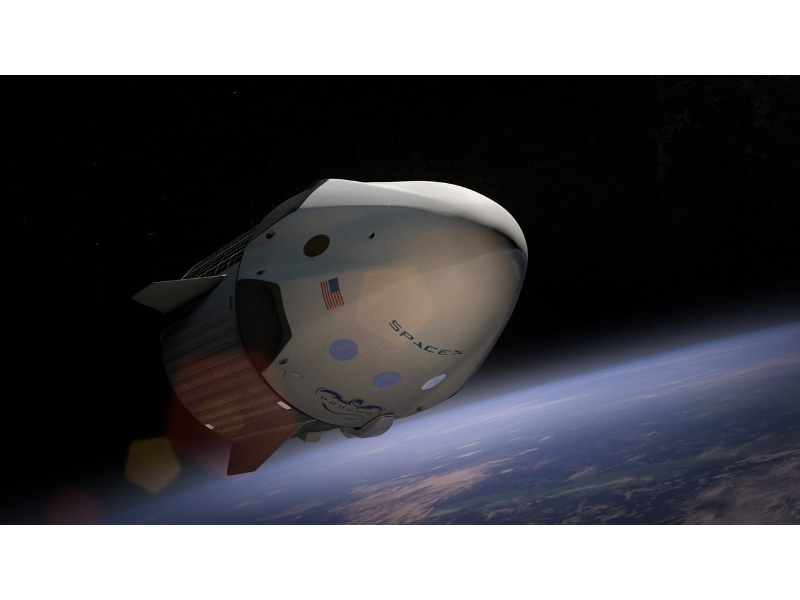- The Biden administration has eased export restrictions on U.S. space-related technologies, allowing companies like SpaceX and Lockheed Martin to expand their international reach.
- The updated rules remove the need for export licenses for less sensitive components to over 40 countries, including allies in Europe and Asia, while maintaining restrictions for Russia and China.
What happened
In a significant move for the U.S. space industry, the Biden administration has relaxed export restrictions on specific satellite and spacecraft-related technologies, aimed at enhancing the commercial space sector while maintaining national security. The updated rules, which were announced on October 17, 2024, are designed to reduce the regulatory burden on U.S. companies, allowing them to expand their international reach. This change benefits major players such as SpaceX, Lockheed Martin, and Boeing, which are poised to gain from this streamlined approach.
Also read: APNIC launches new registry API to streamline network operations
Also read: US sanctions Russian cryptocurrency exchanges for money laundering
Deputy Secretary of Commerce Don Graves emphasised the importance of this shift, stating that the new rules will “reduce the burden for U.S. industry to continue innovating and leading in the space sector.” The decision comes at a critical time as U.S. space companies look to deepen partnerships with allies like the United Kingdom, Australia, and Canada. The changes also align with the broader goals of the AUKUS security pact, particularly in addressing the increasing influence of China in the Indo-Pacific region.
Under the updated regulations, less sensitive space-related items will no longer require export licenses to more than 40 countries, including key allies in Europe, Asia, and the Pacific. For instance, remote sensing spacecraft and space logistics components will be exempted from certain licensing requirements. However, restrictions will remain in place for countries of concern, notably Russia and China, ensuring the U.S. maintains tight control over critical technologies.
The easing of restrictions has long been anticipated. Following a request from the National Space Council in December 2023, U.S. companies like SpaceX had lobbied for changes to make exporting their technologies less cumbersome. SpaceX, which is developing its Starship rocket, could particularly benefit from these new rules as it eyes a broader international footprint, including potential test landings in Australia.
Why this is important
This development highlights the U.S. government’s growing recognition of the commercial space sector as a crucial driver of economic and technological growth. In recent years, the space industry has seen rapid advancements, particularly with private companies like SpaceX pioneering new frontiers in reusable rockets, satellite networks, and space exploration. By easing export restrictions, the Biden administration is creating new opportunities for U.S. companies to compete globally while securing partnerships that align with foreign policy interests. This move could also accelerate technological collaboration under agreements like AUKUS, which seeks to counter the growing influence of China in space and other strategic areas. As nations continue to race toward dominance in space, the U.S. is now well-positioned to strengthen its role through both innovation and strategic alliances.

